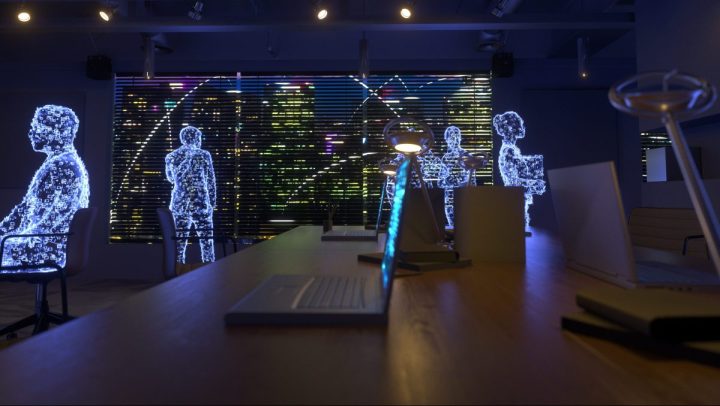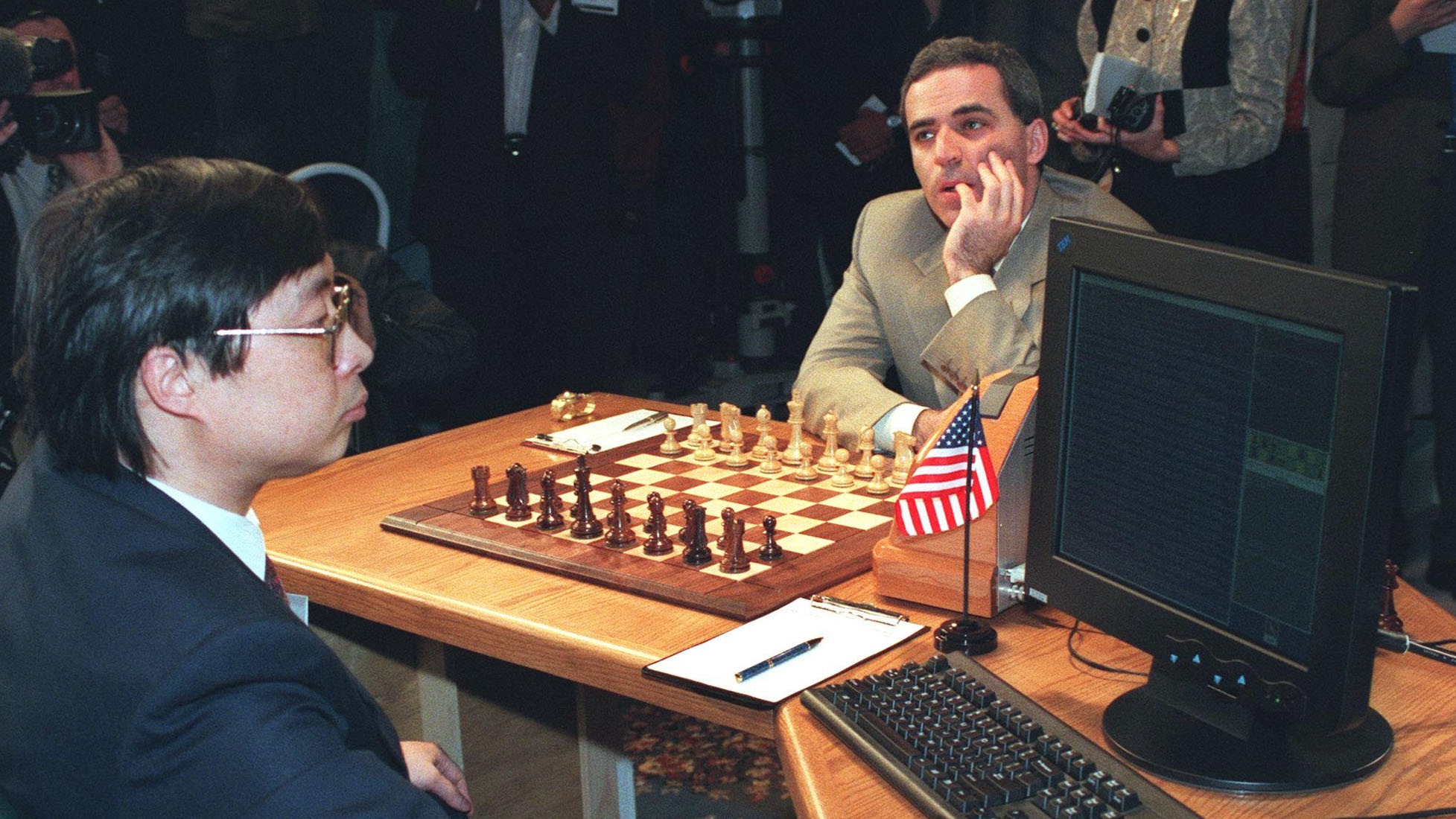
How AI true believers are preparing for an economic revolution
How AI true believers are preparing for an economic revolution

Joshua Clymer was a sophomore at Columbia University majoring in math and computer science. Last fall, he decided to take a gap year. He doesn’t think he’s going back.
As he told a former classmate, he doesn’t see much of a point. “Just last week, I told my friend, ‘What the hell are you doing? Did you see GPT-4? You’re not going to have a computer science job,'” Clymer said.
Clymer is spending part of his gap year at the Center for AI Safety, a nonprofit that tries to address your typical nightmare artificial intelligence scenarios: AI-enabled weaponry, the death of truth, that sort of thing.
Aside from the possible threat of human extinction, Clymer believes there’s a very high chance that in the next two decades, most jobs are going to be replaced by AI.
So he figures, why waste two more years on a diploma? He wants to work in AI safety now, while he can help prevent catastrophe — and while the job still exists.
“Get your degree — that’s good advice 10 years ago, five years ago even. And we’re just living in a different world now,” Clymer said.
After ChatGPT made its debut last year, AI has often been compared to other revolutionary technologies: social media, the internet, the printing press. Even if you think it’s all a bit overblown, some people in the AI industry are already making preparations for a world, and an economy, that look radically different from the ones you’re used to.
Clymer’s officemate at the Center for AI Safety was a computer science major at Stanford who also left his program because AI was developing so rapidly.
That early 21st century career arc of get your computer science degree at a good school, then make a good salary at Google or Meta or another big tech company? That notion may be receding. Dan Hendrycks, director of the Center for AI Safety, said computer science students are looking at what ChatGPT can already do with programming languages, and they’re seeing the writing — or coding — on the wall.
AI large language models “got a lot of the basics down for coding,” Hendrycks said, “and are around the level of a late-stage undergraduate in coding. I think as the year goes on, they might be, like, at the level of a junior coding employee.”
Hendrycks is in his late 20s. He doesn’t think an army of Terminators is coming now or really ever, for that matter.
But he does want to be financially prepared in the event of an AI-enabled armed conflict or other disaster. And there’s no Vanguard fund that targets the Singularity as a retirement date. So, he’s not putting money away in his 401(k).
“I think the probability of catastrophic risks on a longer time horizon, I think that’s pretty substantial,” Hendrycks said. “And I wouldn’t want that [money] being inaccessible. I would want that to be more liquid.”
For AI true believers, the money question is a big one. Do you save as much as you can right now to prepare for widespread unemployment or something worse? Or do you spend more right now because you want to enjoy your income while it lasts?
“I’m usually on the more frugal, conservative finance side. My whole life’s been budgeting, and we’re like, ‘Nope, we’re going to take that extra, very expensive vacation this year,” said Sharon Korinek.
Korinek used to do chief financial officer-type work for private companies but hasn’t returned to an office job because she doesn’t see the point of it. Her husband, Anton, agrees. He’s an economist at the University of Virginia who researches artificial intelligence and has aired his viewed at Marketplace Tech.
The Korineks can fund that extra vacation partly because they’re not saving for one very-big-ticket item in the future.
“I’ve had so many arguments about this. I’m like, ‘Our kids aren’t going to college,'” Sharon said. “Most people look at us like we’re crazy.”
Sharon and Anton have two kids, ages 8 and 6. The thought of opening a 529 college savings plan feels absurd to them, considering that they envision a future in which AI will be smarter than most humans.
To be clear, everyone I talked to who thinks the AI revolution is coming admits there’s a chance they’re wrong. That includes Josh Clymer, the likely Columbia dropout. But regardless of whether or not the apocalypse is nigh, he said it doesn’t do anyone any good to be fatalistic about it.
“I feel kind of like a doctor has given me a diagnosis. If that’s true, I don’t want to be a [jerk]. I want to be able to go back home and give my parents a hug.”
There’s a lot happening in the world. Through it all, Marketplace is here for you.
You rely on Marketplace to break down the world’s events and tell you how it affects you in a fact-based, approachable way. We rely on your financial support to keep making that possible.
Your donation today powers the independent journalism that you rely on. For just $5/month, you can help sustain Marketplace so we can keep reporting on the things that matter to you.

















